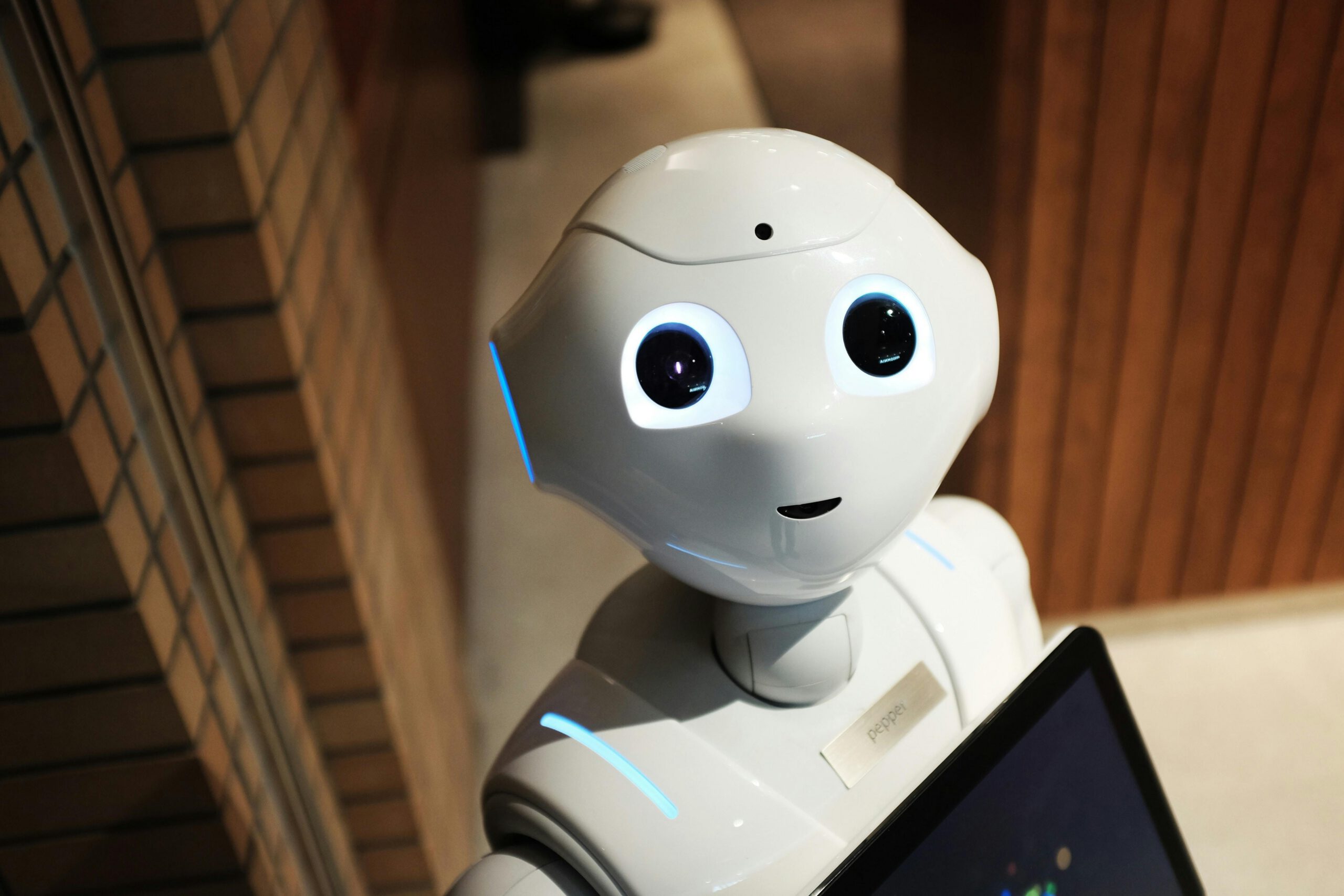Accenture has quietly reduced its workforce by more than 11,000 employees in just three months — and the job cuts may continue well into next year. The consulting giant is undergoing a major restructuring to align itself with a future where artificial intelligence, rather than human consultants, plays a leading role.
A few days ago, the Dublin-headquartered firm announced an $865 million (around ₹7,669 crore) restructuring plan. It warned analysts that if employees can’t be retrained quickly enough, more layoffs will follow. CEO Julie Sweet emphasised that the company prefers to reskill workers, but acknowledged that not everyone will make the transition.
“We are moving on a compressed timeline,” Sweet told investors. “Where reskilling simply isn’t a viable path, we are making the difficult choice to exit people.”
Workforce Shrinks, Costs Rise
Accenture’s global headcount dropped from 7,91,000 to 7,79,000 between May and August. Severance and related costs hit $615 million in the last quarter alone, with another $250 million planned for the current quarter. The company expects the restructuring to deliver over $1 billion in savings once complete.
The layoffs are expected to continue gradually through November 2025. While Accenture hasn’t disclosed the exact number of roles affected, the severance bill suggests the cuts are substantial and spread across global offices.
Doubling Down on AI
As it trims its workforce, Accenture is investing heavily in artificial intelligence. The company said generative AI projects accounted for $5.1 billion in new bookings in the latest financial year, up from $3 billion the previous year.
Accenture now employs 77,000 AI and data specialists, nearly double the 40,000 it had two years ago. These “reinventors,” as the company calls them, are central to its future strategy. Upskilling remains the priority, but headcount reductions are the backup plan when retraining isn’t feasible.
Consulting’s Model Under Pressure
The restructuring reflects wider changes in the consulting and IT services industry. Traditional models that relied on large teams of consultants are being squeezed by tighter client budgets, shrinking US federal contracts, and the rapid rise of AI-powered tools.
For employees, the message is clear: adapt or face redundancy. For clients, Accenture is positioning itself as a forward-looking partner for their own digital transformations. However, the pace and scale of change raise questions about how much human expertise can be retained in a rapidly automated environment.
A Glimpse of the Future
Accenture’s overhaul highlights how quickly automation is reshaping industries once thought to be insulated. As AI adoption accelerates, echoing predictions from figures like Sam Altman that many jobs will be replaced, Accenture’s moves may signal what’s ahead for the wider professional services sector.

